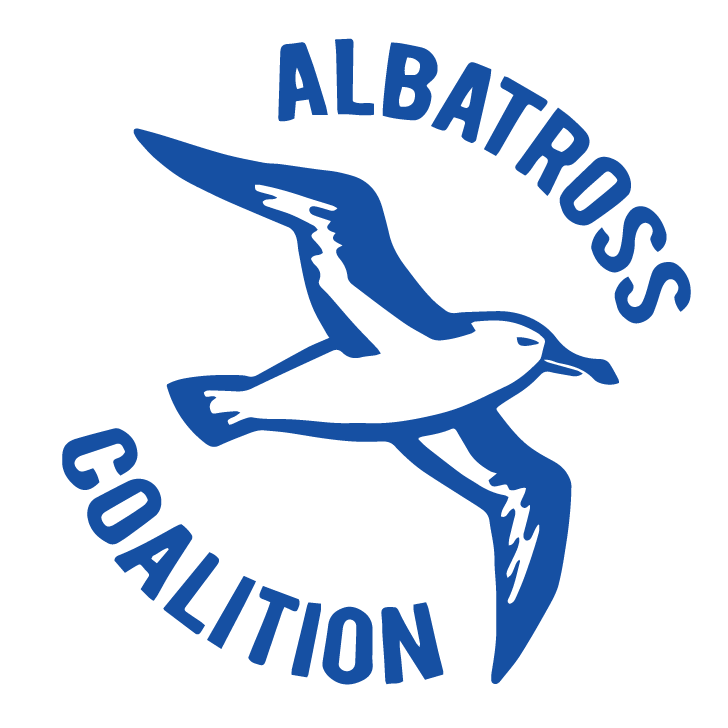Plastic Soup Foundation
Plastic does not belong in the ocean
The contamination of the oceans by plastics is an added problem to global warming, acidification and overfishing. The oceans form 72% of the earth’s surface and are our main suppliers of oxygen. Plastic pollution is therefore a serious threat to earth’s vital ecosystem, especially because plastic does not biodegrade. Through the degradation and fragmentation of plastics into small pieces, all our water changes into a global soup of microplastics. Toxic chemicals are also released by these plastics. Animals, even zooplankton, mistake the broken down plastic for food. In this way toxic waste often enters our food chain. A large part of the world’s population is dependent on food from the ocean. The plastic contamination of the water can do serious harm to our health. Against this background, the Plastic Soup Foundation (PSF) wants to call a halt to the increasing plastic contamination of our oceans. The PSF wants to strongly advocate for that no more plastic enters in the sea in the future.
- The PSF promotes and supports measures that prevent the break down and proliferation of plastic waste (at sea).
- The PSF supports actions that aim to remove plastic from the sea, the beaches and islands.
- The PSF seeks international cooperation with scientists, organisations, universities and businesses that have a similar vision and objectives.
- The PSF works closely together with leading experts, researchers and enterprises.
- The PSF wants to shape and support a movement that, using social media, encourages citizen’s active participation and involves them in working on solutions and collecting good practices.
- The PSF wants to see a ban on plastic products and plastic waste products which are small or contain small plastic particles and which are produced, distributed, used and spread on a large scale, or are expected to be.
- The PSF strongly supports to assist developing countries in tackling pollution problems. Alternatives have to be developed that align with respective culture and context. This is pursued in a collaborative process of sustainable and interactive development.
http://www.plasticsoupfoundation.org/en/
